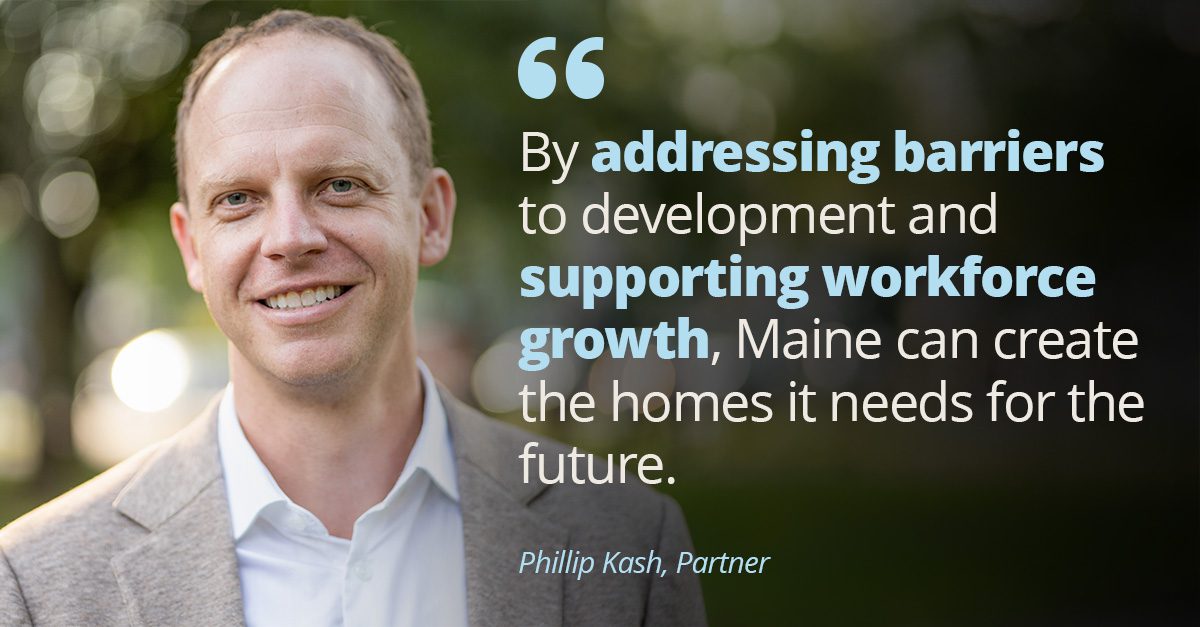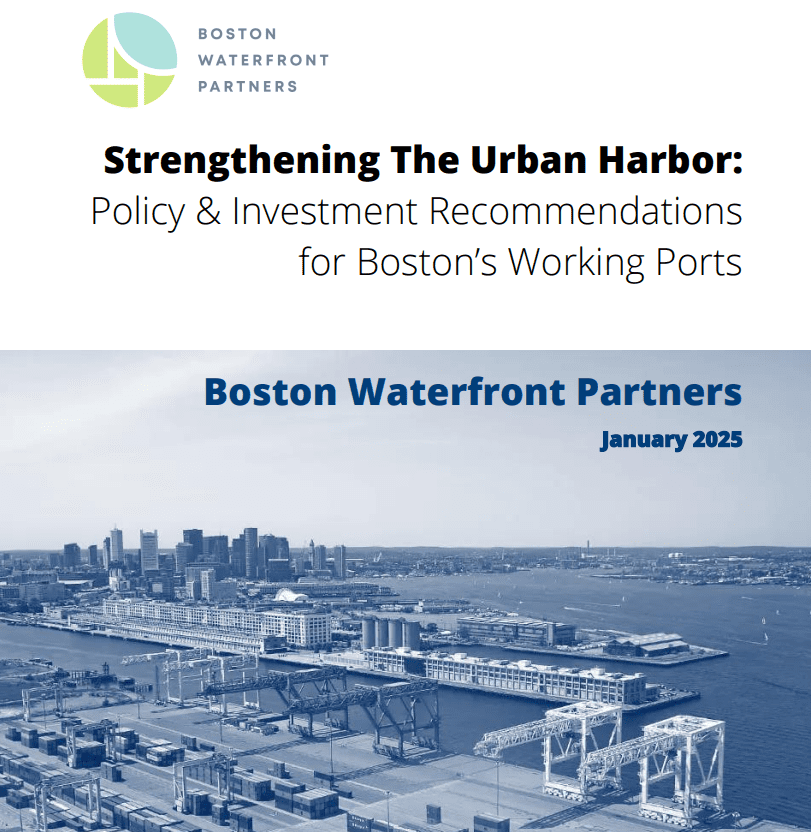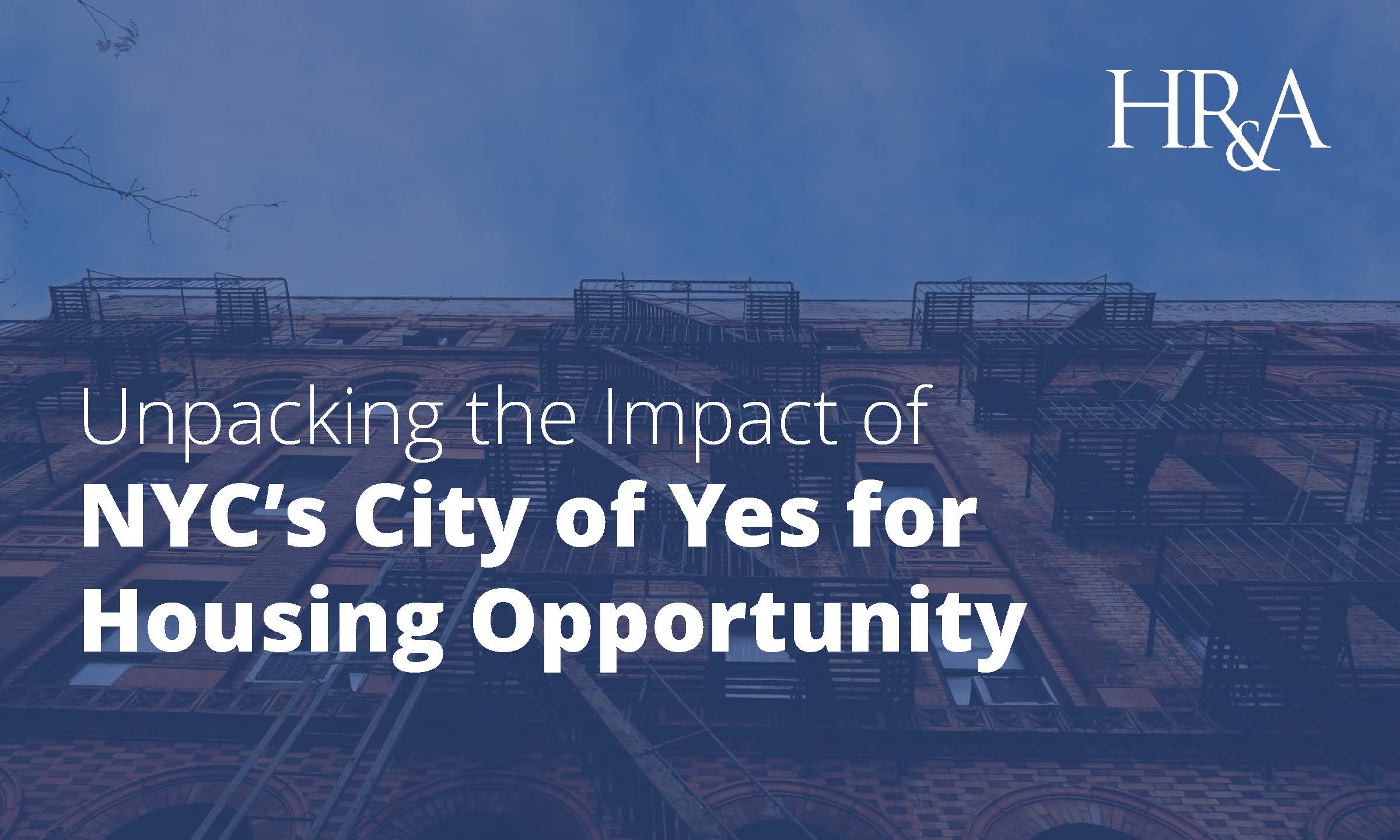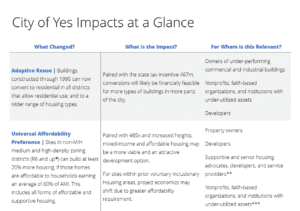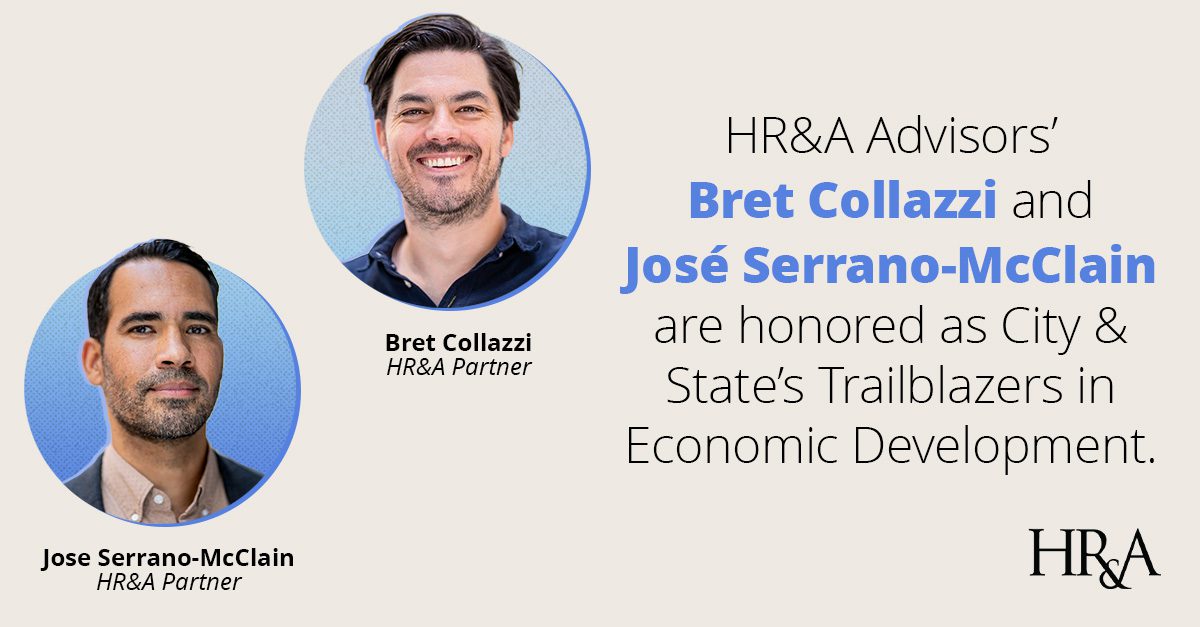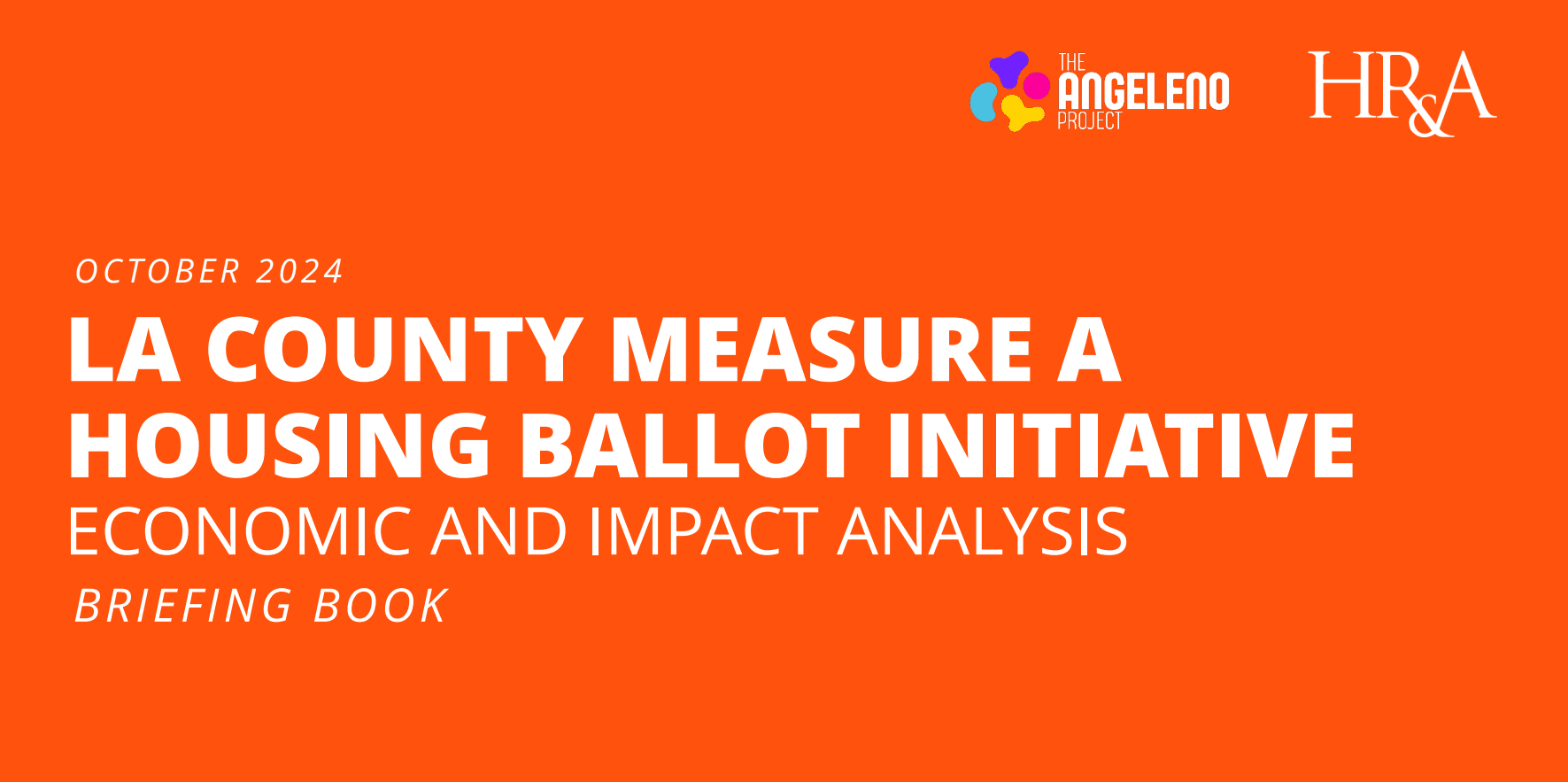This Op-Ed was originally published in Plantizen.
How an integrated approach to redevelopment is transforming a formerly isolated medical campus into a valuable community amenity.
Like many large institutions across the country, New York City’s Montefiore Einstein Hospital and medical school has functioned as a community anchor for decades, providing employment, education, and vital healthcare services for residents of the Bronx. At the same time, the physical setting of the institution’s Morris Park campus – disconnected from the surrounding neighborhood, with unclear boundaries and branding and no existing transit link – has also limited its potential as a community asset and a true regional hub. Could a more integrated planning approach help close these gaps and offer lessons for other sites and cities?
A new planning study offers a path forward for the Montefiore Einstein Morris Park campus and a timely model for similar institutions and municipalities. Called “Reimagining Montefiore Einstein-Morris Park as a Transit-Connected Campus,” this report was led by the member-driven land use organization Urban Land Institute New York (ULI NY) and resulted from an interdisciplinary technical assistance panel (TAP) on which this article’s authors both served. Here are a few key aspects of the study, along with takeaways that resonate well beyond the Bronx for any planning professional looking to uncover new opportunities for supporting liveability, economic development, and community benefit.
Plan ahead: Act quickly but thoughtfully to get in front of major policy and infrastructure changes
The Montefiore campus may be relatively disconnected now, but that context is rapidly changing. In this case, the Montefiore team sought to address two specific and transformative changes coming down the pipeline: a likely rezoning of the surrounding Morris Park district (which was ultimately passed by the New York City Council in summer 2024), and the planned 2027 opening of a dedicated Metro-North commuter rail station at Morris Park.
Taken together, these two actions have the potential to add six to nine million square feet of new real estate development to the area, attract 6,000 new residents, and create an estimated 15,000 new jobs around the station. Montefiore leaders recognized they had a new urgency in kickstarting a master-planning effort, and collaborated closely with city government and with the local real estate and planning community to help shape a pre-master-plan framework that could 1) outline core opportunities for responsibly and effectively accommodating and channelling anticipated growth and 2) be well underway by the time the new station and other new developments were in place.
Focusing on identity, activation, and connectivity
With the TAP planning team in place, Montefiore now had an opportunity to achieve decades-old goals to grow and expand intentionally, serve the community responsibly, and improve the quality of life on campus for all who visit, work, or seek care there. What does this look like from a planning perspective? Institutional leaders had several ideas. They asked the planning team to improve pedestrian connections and circulation across the campus, explore additional zoning changes to better support new development on the campus and adjacent sites, and provide planning recommendations to integrate the campus with the new train station.
To prioritize and give focus to these goals, the planning team identified a three-pronged framework that it felt must be in place to guide long-term decision-making about the campus. Many of these considerations are familiar to planners working with institutions, and the recommendations offer replicable and transferable ideas:
- Refine and clarify the campus’s identity. Montefiore Einstein is a pillar of the community with an excellent reputation, but many residents and visitors don’t know where the campus begins or ends or the full range of services available across its numerous buildings. Growth in the district will make distinguishing the Montefiore buildings more important and more challenging. The planning team recommended several ways to better communicate the campus’ identity to the public through consistent signage and wayfinding markers set at campus gateways, sidewalks, and buildings, as well as at the new train station to help direct rail commuters to the campus.
- Increase campus activation. As with many institutional campuses, Montefiore has several scattered, disconnected, and underused open spaces. It also holds numerous opportunities for redevelopment and facility renovations that more effectively activate the campus and its edges. The planning team recommended incorporating a variety of active and passive open spaces, including repositioning some of the existing open spaces as a blend of internal- and external-facing courtyards, lawns, and gardens. This would allow users from the university and community beyond to find spaces suited to their needs.
In a related vein, the campus is bisected by a central corridor, Morris Park Avenue. The planning team recommended reimagining this artery to continue accommodating cars, but also to reconfigure travel lanes and parking, create expansive and shaded sidewalks, introduce Montefiore branding and signage, incorporate protected bike lanes, and add a planted median with bioswales. This redesign would benefit visitors to the campus and the community at large by slowing traffic, improving non-vehicular access to and through campus, and creating opportunities to add tree canopy and green infrastructure that mitigate localized flooding, an increasingly serious issue in New York City and around the country.
- Improve connections. This third prong is in many ways the most complex and significant. Montefiore’s leadership identified connectivity, particularly for pedestrians, as one of its key areas for improvement. This goal touches directly on the impact and opportunities of rezoning and enhanced transit access. On the campus’s eastern edge, the train station will create a new front door. Here, the planning team recommended improving upon the original station design to create a more vibrant and memorable public space with a larger plaza to facilitate a wide array of events and community gatherings.
Similarly, because the rezoning creates opportunities for new mixed-use development abutting the plaza, the planning team encouraged Montefiore to work with development partners to shape key sites to complement the health system and serve the community. This strategy can also help improve connections to and facilitate a transition from the more residential neighborhood on the campus’s western edge. Again, the rezoning opens opportunities to better define the campus and strengthen its relationship to Morris Park, for instance, with potential urgent care clinics and community centers that hold office and administrative space above. Similarly, renovating and upgrading existing campus facilities in this area can make them more welcoming and engaging for the public, for example by recladding buildings with glass at pedestrian level.
Think quickly, but act in phases
Another key to this approach is that it offers ideas for implementing the three-pronged approach in strategic phases – for the immediate future, on a two– to-five-year time scale, and beyond. The idea is to identify what is most important to accomplish first, and what may take more time or can wait and to do this quickly before the master plan is complete. Strategic decision-making unfolds over time, but the baseline needs to be established right away so community engagement and other essential processes can start.
-
- Short-term planning (first year). To begin, the study offers strategies to make better use of open space. Benches and moveable tables and chairs, for instance, give students, staff, and visitors places to linger and make the campus their own. Regular programming also activates open areas, such as with yoga or tai chi classes.
A few other ideas include exploring opportunities to create a short-term plaza space by the future train station prior to permanent improvements, potentially by engaging with the New York City Department of Transportation and its Plaza Program. Another strategy is to investigate joint development opportunities for the sites closest to the transit station. Prioritizing regular community engagement and outreach meetings as campus planning evolves also is beneficial, including continued conversations with city leadership, transit agencies, and local stakeholders to explore potential value-capture strategies.
-
- Mid-term (second through fifth years). At this stage, the planning team anticipates the broader Montefiore master plan will be approaching completion with substantial community engagement. A key next step would be for the institution to prepare for implementation and establish development action plans for specific campus-edge capital projects, with designated timelines. For instance, the Montefiore team could initiate partnerships with an appropriate developer to have the two campus sites located closest to the new station shovel-ready for development.
The study also recommends other strategic partnerships that could play a role at this stage. Montefiore’s campus planners are encouraged to help shape the transit station’s new plaza well in advance of the 2027 opening, for example, by offering to partner with Metro-North on the station’s design, maintenance, and programming.
Finally, within this timescale, the plan recommends establishing a dedicated district governing strategy to help Montefiore manage the campus public spaces in a strategic and cohesive manner. Depending on preferred practices, this management could be achieved by Montefiore’s team or via a newly established district entity, similar to a Business Improvement District.
-
- Long-term (fifth year and beyond). Looking well into the future, the study and its planning team recommend this broader timeframe for large-scale capital projects such as major new hospital or research facilities. These mission-critical works demonstrate the health system’s commitment to and investment in the neighborhood, but they are of a scale (e.g., a high-acuity tower) that typically requires several years of consistent community engagement and lengthy entitlement processes.
With this study offering transformative infrastructure plans and action steps for the immediate, near-term, and long-range growth of the Montefiore Einstein Morris Park campus and its soon-to-open transit station, area residents and visitors can anticipate the revitalization of the community’s anchor campus into a major regional wellness, healthcare, and employment hub with a vibrant public realm – and hopefully, the process will form a model for others to follow.
Mike Aziz, AIA, LEED AP is a partner for architecture and urban design firm Cooper Robertson where he directs large, long-range, and interdisciplinary efforts for multiple developments.
Bret Collazzi is a partner at the real estate advisory firm HR&A Advisors where he focuses on neighborhood and regional Investments that produce quality housing, jobs, and public assets.
Both Aziz and Collazzi are members of ULI’s Technical Assistance Panel that was involved in developing ULI’s “Reimagining Montefiore Einstein-Morris Park as a Transit-Connected Campus” report.


